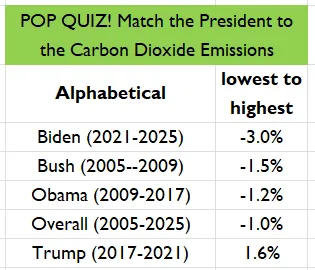By Justin Schwab
The Biden administration’s new power-plant proposal, announced Thursday by the Environmental Protection Agency, would hobble the natural-gas industry. In the process it would make electricity more expensive, cause more blackouts and brownouts, and force Americans to pay more for less energy.
The proposed rule would require most existing gas- and coal-fired power plants to cut their carbon-dioxide emissions by 90% or more over the next 10 to 15 years—up to 96% for the largest and most heavily used plants. Newly constructed gas plants, as soon as they start up, would immediately have to meet standards based on the most efficient—and most expensive—generating equipment, reaching the same 90%-or-higher reduction over time. These massive cuts assume the use of carbon capture and other, even less proven measures.
Section 111 of the Clean Air Act requires the EPA to consider cost when determining whether a “system of emission reduction” is “adequately demonstrated.” In other words, EPA regulations can’t be too expensive, and must be grounded in technical and market realities. But Thursday’s proposal is based mainly on assumptions that plants will employ carbon capture and hydrogen co-firing—replacing the natural gas the plant was designed to run on with hydrogen gas—which impose exorbitant costs on electricity producers and haven’t yet been used at scale. These technologies are, at best, many years away from viability even with large subsidies under the so-called Inflation Reduction Act. In tacit admission of this reality, the Biden administration’s proposed rule would instead create an incentive for many existing power plants to shut down, allowing those that close by 2032 to avoid any new requirements in the interim.
In West Virginia v. EPA, the Supreme Court last year struck down the Obama-era Clean Power Plan because it asserted power Congress never gave federal regulators. The Biden administration’s plan takes a different approach, but in some ways goes even further than the Clean Power Plan, making another showdown at the high court likely.
…
The EPA should stop trying to transform the energy economy and return to its statutory task of improving the emissions performance of particular types of energy generation.


